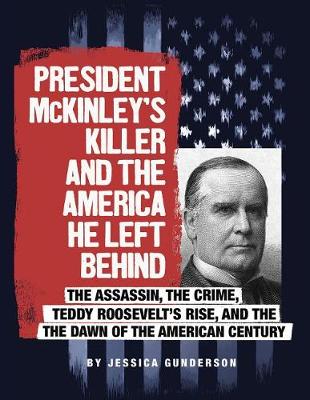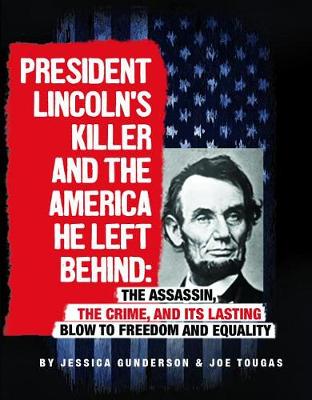Assassins' America
3 total works
President McKinley's Killer and the America He Left Behind
by Jessica Gunderson
Published 1 January 2018
It should've been a grand day at the Pan-American Exhibition in Buffalo, New York, in 1901. President William McKinley shook hands with well-wishers, who had lined up to meet their leader. But one man stepped forward with a pistol hidden under a handkerchief wrapping his right hand. Two shots struck rang out, both striking McKinley in the abdomen. As the nation puzzled over the shooter and the ease of his crime, the president suffered for days before finally dying. Vice President Theodore Roosevelt was sworn in as president, becoming the youngest person ever to hold the job. The country and the world would never be the same.
President Lincoln's Killer and the America He Left Behind
by Jessica Gunderson
Published 1 January 2018
Abraham Lincoln was watching a play at Ford's Theatre when a gunman crept up from behind an fired at the president's head. As Lincoln crumpled with a terrible wound, the shooter leapt from the balcony and fled before a shocked audience. He was John Wilkes Booth, a well-known stage actor, and he imagined himself a hero avenging the South's defeat in the Civil War. Soldiers searched for Booth as Lincoln suffered long hours before dying. There would be no reversing the results of the war, but Lincoln's death put the cause of freedom and equality in danger. His presidency had been cut short, and even today the country lives with the effects of his assassination.


